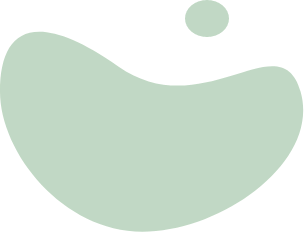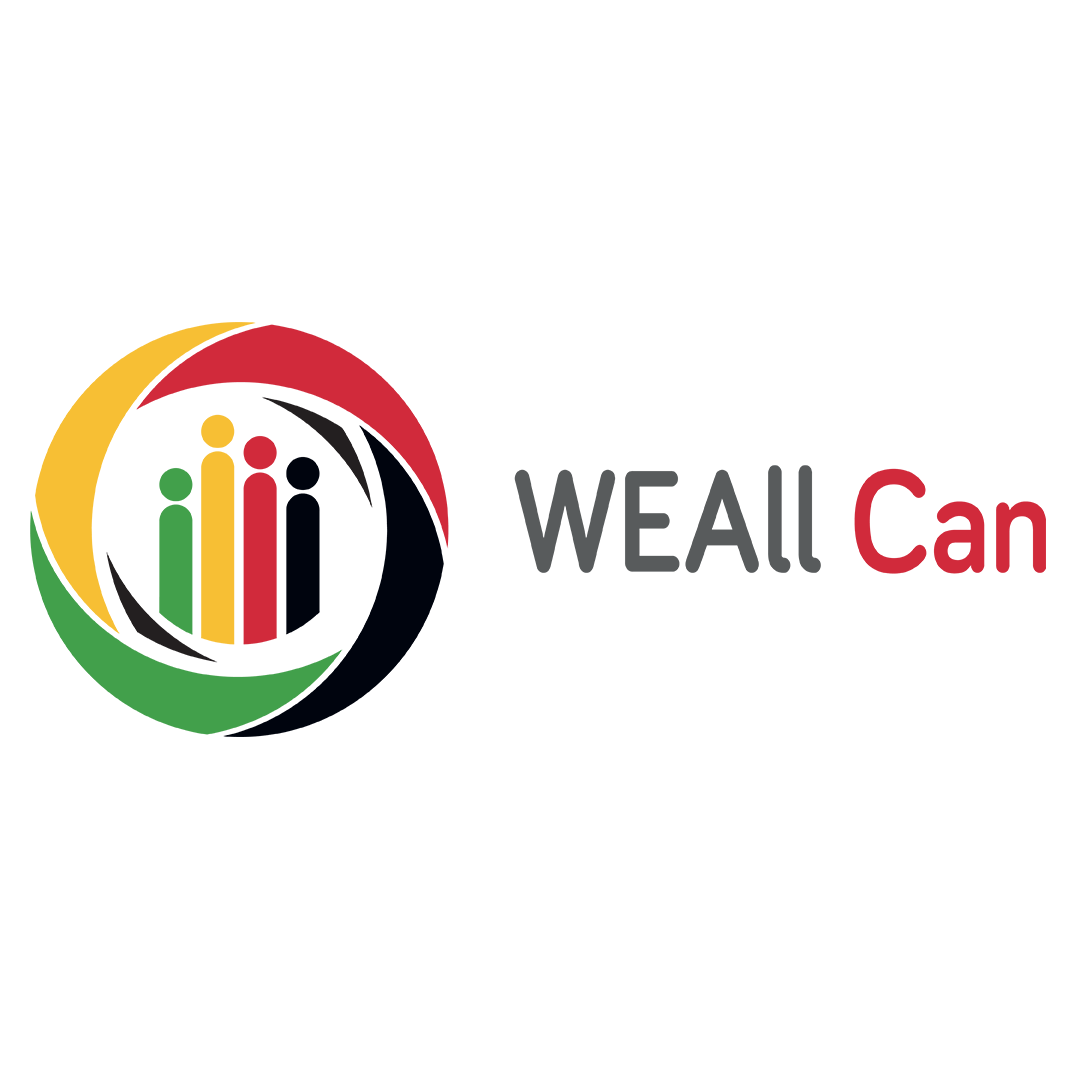FAQ
About WEAll Can
What is WEALL Can?
The Well-being Economies Alliance for Canada and Sovereign Indigenous Nations (WEAll Can) is the Canadian hub of the Well-being Economy Alliance (WEAll), a global coalition advancing economies designed with human and ecological well-being in mind. WEAll Can works through organizations, alliances and individuals to accelerate the well-being economy transition and create a systemic transformation of economic thinking and systems. Learn more about WEAll Can.
What does WEALL Can do?
WEAll Can brings together leaders from diverse sectors throughout our shared lands who are working to create well-being economies. WEAll Can facilitates dialogue, learning, sharing and action among interested and active actors with a goal to advance the transition to well-being economies.
Who is behind WEAll Can?
WEAll Can is a network of individuals and organizations working to create well-being economies in diverse sectors across our shared lands. We work through a distributed leadership model to effect change. To learn more about who is behind WEAll Can and how to get involved, click here.
How is WEAll Can funded?
WEAll Can does not receive any central funding. Its member organizations are all separately funded.
What is WEAll?
The Wellbeing Economy Alliance (WEAll) is a global coalition advancing economies designed with human and ecological well-being in mind. It is a 10-year project that catalyzes systems change toward the realization of well-being economies. It does this by linking and coordinating activity at all levels of the movement to create a critical mass of people and organizations working toward a common vision. To learn more about WEAll, click here.
How can I get involved in WEAll Can?
The best way to get involved in WEAll Can is to subscribe to our email list. We’ll send you regular opportunities, including events and workshops, that you or your organization can take part in. If you’re interested in becoming a part of the WEAll Can family, you can send your request here.

Well-being economies
What is a well-being economy?
Well-being means different things to different people. At its core, a well-being economy is one that centres on people and the planet. It would aim to deliver an equitable distribution of wealth, health and well-being, while also respecting the planet’s limits and protecting its resources for future generations. It allows humanity to determine economics, rather than the other way around.
What are some examples of well-being economies?
Several countries are already leading the way toward well-being economies, including Iceland, Scotland, New Zealand and Bhutan. But well-being economies don’t only happen on the national scale. They can be built from the ground up and are already taking shape here at home. Co-operatives and credit unions are just two models that are shifting the balance of power in today’s economy.
Why do we need well-being economies?
The question we should ask is, “Why don’t we?” Today’s growth-at-all-costs economic model has failed all but a very small group of ultra-rich around the world. More people than ever are unhappy and struggling to make ends meet. Meanwhile, the planet is in the midst of a biodiversity and climate crisis. As the world recovers from the COVID-19 pandemic, there is no better time to transition to a world – and economic system – that we want.
Where does the idea of well-being economies come from?
The idea of a well-being economy is not new. It appears in various forms in different religions and in the traditional practices and knowledge of Indigenous Peoples. Many people who came before us recognized the value in working together to improve everyone’s lot in life. It’s time we listened and learned from them.
Does Canada have a well-being economy?
For the first time, Canada’s government introduced a Quality of Life Framework that recognized the “importance of thinking beyond GDP”. It introduced three objectives, including quality of life, Equality and sustainability, based on what it determined matters most to Canadians: “prosperity, health, environment, social cohesion and good governance. It’s a significant start, and there are more examples, but we still have a long way to go to transition to a well-being economy.
Are well-being economies anti-capitalist?
Well-being economies are not anti-capitalist. They can have markets like we have today. The difference will be in the balance of power and ownership over economic activities. For instance, a well-being economy might have more co-operative business models and collaborative management of common resources. Business leaders around the world are joining the well-being movement because they see the potential for a happier, healthier people on a safer planet.
What’s wrong with GDP anyway?
Gross domestic product measures the financial value of the goods and services a society produces but is unable to tell if that value improves the quality of our lives. That’s why the countries with the highest GDP values also have some of the widest gaps in wealth and are contributing most to the degradation of nature. GDP doesn’t measure what actually matters to our well-being. For instance, when there’s a climate change amplified weather event like a hurricane, wildlife or flood, the ensuing reconstruction work will boost GDP. But what about all the devastation that people suffered? Where does that factor in? GDP is an out-of-date measure that can only track a sliver of what an economy should be about. It’s time for an upgrade!
What do well-being economies mean for business?
A well-being economy is supportive of businesses that support people and the planet. Instead of businesses that pursue short-term profit, often at the expense of their workers and the environment, a well-being economy would shift how businesses operate. Many businesses are already leading the transformation to more responsible, ethical and well-being-oriented practices because they realize that doing the right thing is good for business.

The road ahead
Is a well-being economy actually possible?
The rules of the current economic game were created by a few hundred men after the Second World War. What’s to stop us from changing the rules again? It’s possible, but that’s not to say it will be easy. It will require strong will and determination at all levels of society. Governments will need to make the legal changes necessary to support the transition. Businesses will need to shift their focus from profit to well-being. People will need to support those businesses that are taking the first steps. It’s up to us all to make it happen.
How do we create well-being economies?
Well-being economies may look different in different places. There is no “one size fits all” when it comes to creating them. However, well-being economies will share certain characteristics. They are designed with purpose (to grow well-being), and to be regenerative, fair, redistributive, secure and collaborative.
What can I do to help create a well-being economy?
Visiting this page is a good first step! Make sure you subscribe to the WEAll Can email list so you can find out about events and opportunities to get involved. Beyond that, you can talk to your family and friends about it, vote for parties that support well-being economies, support socially responsible businesses, volunteer for organizations working on the cause, and more. Visit our Tools page for more ways to take part.
